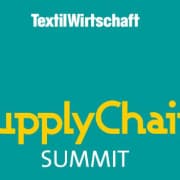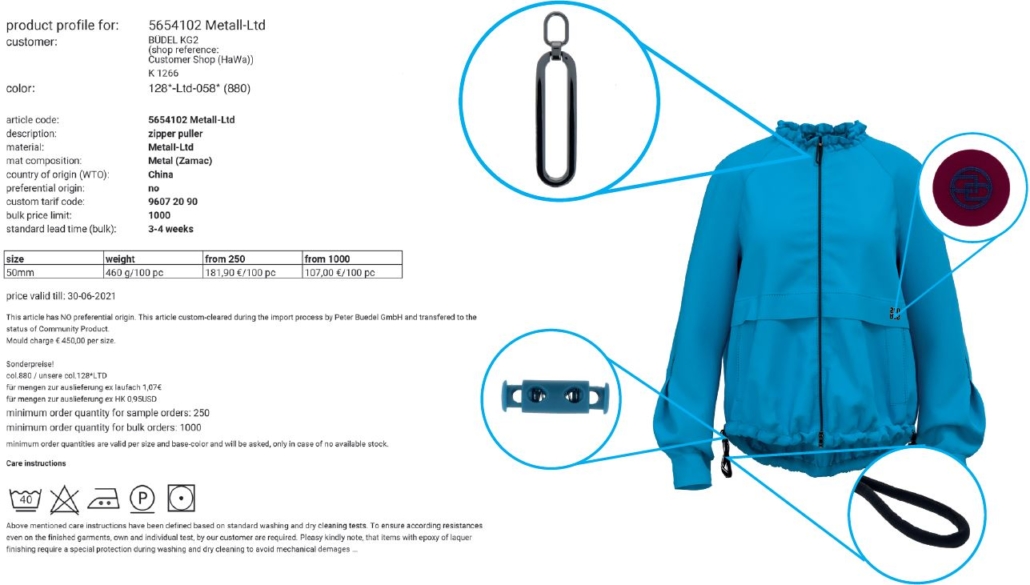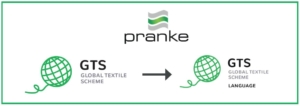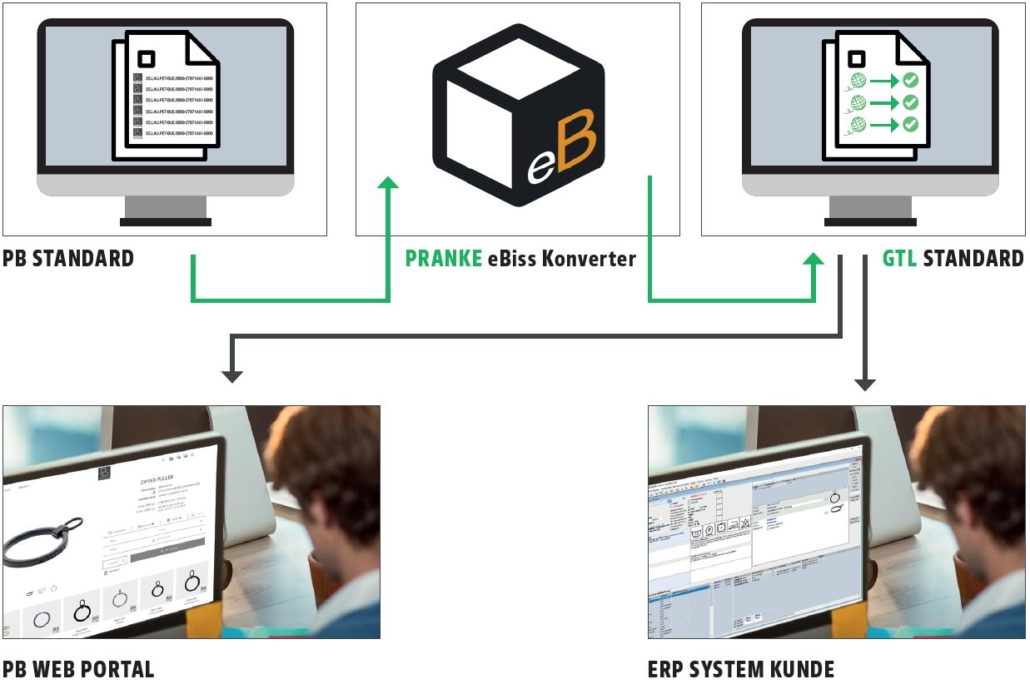Nachhaltigkeit und vor allem der Wandel zu Materialkreisläufen gewinnen für Hersteller und Händler zunehmend an Bedeutung, weil viele Konsumenten ihre Gewohnheiten geändert haben und bewusst einkaufen!
Das gilt sowohl für den stationären Handel, als auch für den Markt der Zukunft, den Online-Handel.
Der ressourcenschonende Umgang mit unserer Umwelt ist ein wichtiges Verkaufsargument.
Händler und Produzenten wollen sich darauf einstellen, müssen oftmals aber feststellen, dass die entsprechenden Eigenschaften nur schwer und mit hohem Aufwand ermittelt werden können – es fehlt die Dateneffizienz.
Hier greift GTS (Globile Textile Scheme) ein. Der neue Standard ist kein Ersatz für EDIFACT, sondern liefert unter anderem in Sekundenbruchteilen wichtige Informationen rund um die Lieferkette.
So deckt GTS zum Beispiel jetzt schon die aktuellen Zalando Nachhaltigkeits-Merkmale ab.
Ökotex und Gots-Zertifikate werden ebenfalls von GTS abgebildet. Das schafft für Händler und Verbraucher Sicherheit.
Die Europäische Kommission schreibt an das Europäische Parlament, den Rat, den Europäischen Wirtschafts- und Sozialausschuss sowie dem Ausschuss der Regionen in einem Strategiepapier:
Um Fortschritte auf dem Weg zu mehr Nachhaltigkeit im Textilökosystem zu erzielen, müssen die linearen Strukturen bei der Gestaltung, Herstellung, Nutzung und Entsorgung von Textilerzeugnissen grundlegend neugestaltet werden und die Auswirkungen des Sektors auf den Klimawandel, die nicht nachhaltige Nutzung von Ressourcen, die Umweltverschmutzung und in Bezug auf Menschenrechtsverletzungen in den Textilwertschöpfungsketten verringert werden.
Mit GTS und Pranke sparen Unternehmen Zeit und Geld und stellen gleichzeitig sicher, dass sie auf genau die Informationen zugreifen können, die sie benötigen, um ihre Produkte fundiert zu vermarkten.
Beim SupplyChain Summit 2023 erläutern Daniel Gleichauf – CTO der Pranke GmbH – und Andreas Schneider, Gründer der GTS- Initiative, Vorteile und Voraussetzungen für den neuen Standard.
Wir halten fest: GTS ist fertig und einsatzbereit!
SupplyChain Summit 2023
Der Jahreskongress für Entscheider, Fach- und Führungskräfte aus Logistik und Supply Chain Management der Fashion Branche
18.04.2023
Steigenberger Airport Hotel Frankfurt
Über GTS:
GTS hat die erste standardisierte Branchensprache und Basistechnologie entwickelt, mit der wesentliche Daten entlang textiler Lieferketten automatisiert ausgetauscht werden können.
Noch Fragen? Kontaktieren Sie uns hier…




 Peter Büdel GmbH
Peter Büdel GmbH

